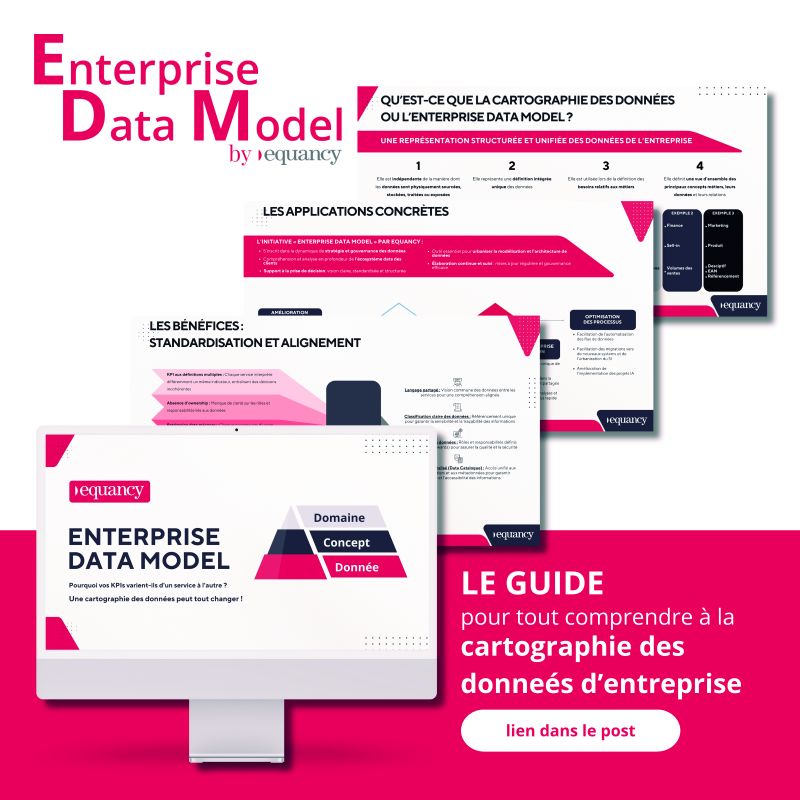VivaTech 2023: The automotive experience in the age of connected cars
Carmakers were also in attendance at VivaTech 2023: Audi presented its Grandsphere autonomous vehicle concept car, and Renault its two H1st Vision and Mobilize Duo prototypes. What all these new concept cars have in common is the quest for innovation in terms of onboard software. From secure biometric access to health assistance and eye-tracking systems, all these technologies are shaping the new vehicles. According to Christophe Rauturier, Software & Customer Support Officer at Stellantis, today's vehicles are developed first and foremost by their software, before thinking about the outside world. In other words, design is now moving from 'software' to 'hardware'.
A human-centred on-board customer experience
First and foremost, autonomous driving is changing the approach to vehicle interiors. Jason Battersby, designer of Audi's Grandsphere, points out that this is the first model in the range where the interior has been designed before the bodywork. Intended to be an autonomous vehicle, the Grandsphere is designed as a living space rather than simply a driving tool. The cabin is more spacious, the front seats are designed to swivel, and more entertainment options are integrated into the car. The dashboard is also designed to appear only when the driver is driving, allowing a clear space when autonomous driving is activated. The whole onboard experience has been reinvented.
Renault's H1st Vision also promises to put people back at the heart of the vehicle through the Software Republic initiative, in partnership with Dassault Système, Orange, and Thales. The model features an on-board health booklet equipped with artificial intelligence that can detect health problems, a secure digital wallet, and a chatbot for finding parking spaces. All these innovations will not only assist the driver, but also integrate new dimensions into the vehicle, such as health, banking, and entertainment. The car is (re)becoming a living space, and the aim is no longer to spend as little time in it as possible by speeding up journeys.
The use of data from connected cars
With the proliferation of screens, connections with smartphones, and health assistance systems, more and more personal and sensitive data will be shared with manufacturers. Frédéric Roche, Director of Direct Sales & Digital at Audi, estimates that the volume of data shared by in-car users will increase fivefold by 2025, reaching up to 175 zettabytes. This is both a great opportunity for brands to offer more personalized services and experiences, but also a concern for consumers. Manufacturers, therefore, need to ensure the security and confidentiality of this data. Nathalie Hoffet, Marketing Director of Audi France, stresses the need to give users control over their data by establishing a relationship of trust.
Renault has opted for blockchain technology to secure the health data of its H1st Vision. Audi points out that all data will be encrypted and anonymised, then deleted after a set period. The brands will obtain user consent when setting up the vehicles. All users will also have the option of disconnecting their vehicle and not consenting to the sharing of their data with the manufacturer.
The legal framework prohibits the collection of certain data deemed sensitive, such as health sensors. The European Commission is due to present a Data Act specific to the automotive industry by the end of the year. The aim of this bill is to strengthen user protection and, in particular, to regulate the use of data from autonomous vehicles and allow users to control them.
The future of connected cars
Carmakers will take advantage of the volume of data collected by this onboard software to better understand users. This will lead to a better understanding of the user and more personalized experiences. Data on the use of the various functions will be used to optimize the ergonomics of the dashboard, for example. Mileage and driving patterns will provide information on the actual use of each model. After-sales services will be helped by vehicle data and could even anticipate future repairs. Access to this information will improve and facilitate the workshop experience, which is often negative for customers.
In the future, we could see manufacturers increasing the number of screens on board the vehicle to provide more entertainment, or even integrating augmented reality. Several brands are also planning to add options for onboard software updates as they become available so that users will be able to access new features (such as autonomous driving) even after they have purchased their vehicle. This new development will give drivers access to the best technology without having to renew their vehicle and will enable manufacturers to offer new experiences on an ongoing basis, without being dependent on the release of new series.
Esther Magron
Digital Marketing Consultant




